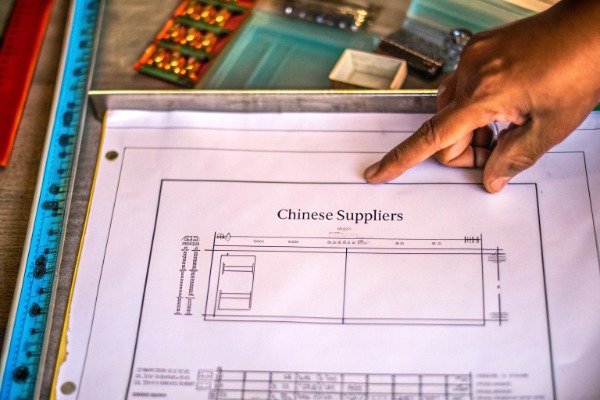
How do you ensure consistent quality from long-term suppliers?
Ensuring consistent quality is always a challenge when sourcing from overseas. Over the years, I've learned that maintaining consistent quality from long-term suppliers requires a clear set of expectations and a hands-on approach.
To maintain consistent quality, it's essential to clearly define product specifications, regularly monitor production, and communicate quality expectations at every stage of the process.
Defining Clear Quality Expectations
One of the first things I do with long-term suppliers is establish clear product specifications. I make sure to detail every aspect of the product, including materials, tolerances, performance standards, and packaging.
Regular Quality Control Inspections
Even though I work with trusted suppliers, I always schedule regular inspections at multiple stages—raw material, in-process, and final product checks. This helps identify any deviations from agreed standards early.
Building Trust and Feedback Loops
Long-term relationships are based on trust. By building mutual respect, suppliers become more invested in your success. After each batch, providing constructive feedback helps them fine-tune their production process.
Building long-term partnerships with suppliers in China has always been a core part of my sourcing strategy. These relationships significantly improve the stability of your supply chain, leading to better pricing and stronger problem-solving abilities.
What benefits do long-term relationships bring to my supply chain?
Building long-term relationships with suppliers goes beyond just improving quality. There are many additional benefits that come from these sustained partnerships.
Long-term relationships can improve reliability, reduce risks of supply chain disruptions, and provide a stable foundation for future growth.
Improved Reliability and Reduced Risk
Suppliers who know they will work with you for a longer term are more likely to prioritize your orders and meet deadlines. You create a stable relationship that is less likely to be affected by external disruptions like labor shortages or market changes.
Access to Better Terms
A strong, established relationship often leads to better terms. Suppliers may offer discounted prices or more favorable payment conditions because of the history of trust built over time.

Can I expect better pricing from your long-term suppliers?
Yes, long-term suppliers tend to offer better pricing, especially when there's a consistent order volume and mutual trust.
Suppliers are more likely to offer bulk discounts to long-term partners because they can predict future orders and plan production effectively. This loyalty translates into priority in production schedules and more flexible payment terms.

How do you maintain these long-term supplier relationships?
To maintain strong supplier relationships, I focus on regular communication, transparency, mutual growth, and resolving conflicts quickly.
In China, relationships—referred to as "Guanxi"—are essential. I invest time in building a personal rapport with suppliers, going beyond just business transactions. Regular visits to suppliers in China help solidify


